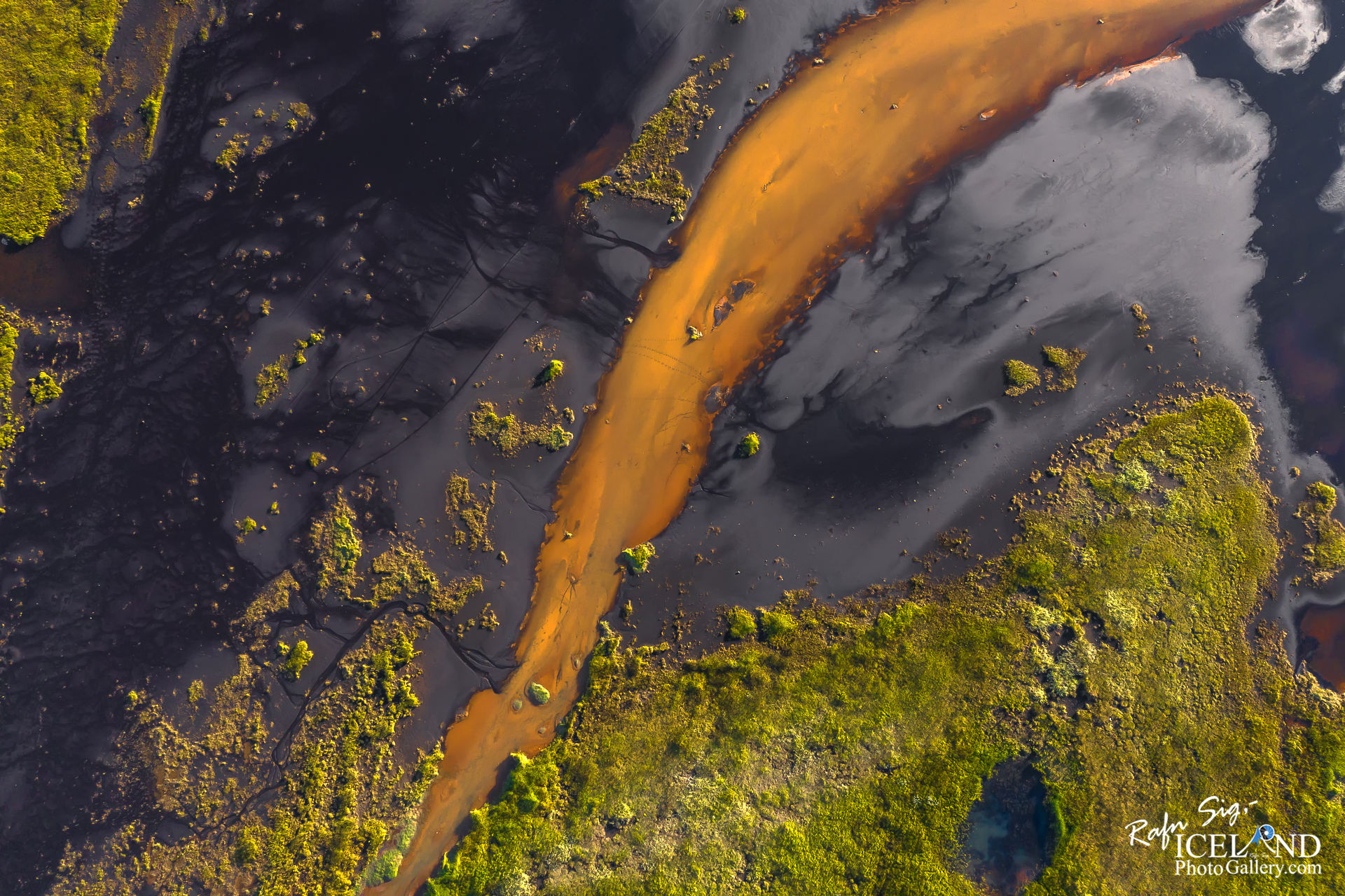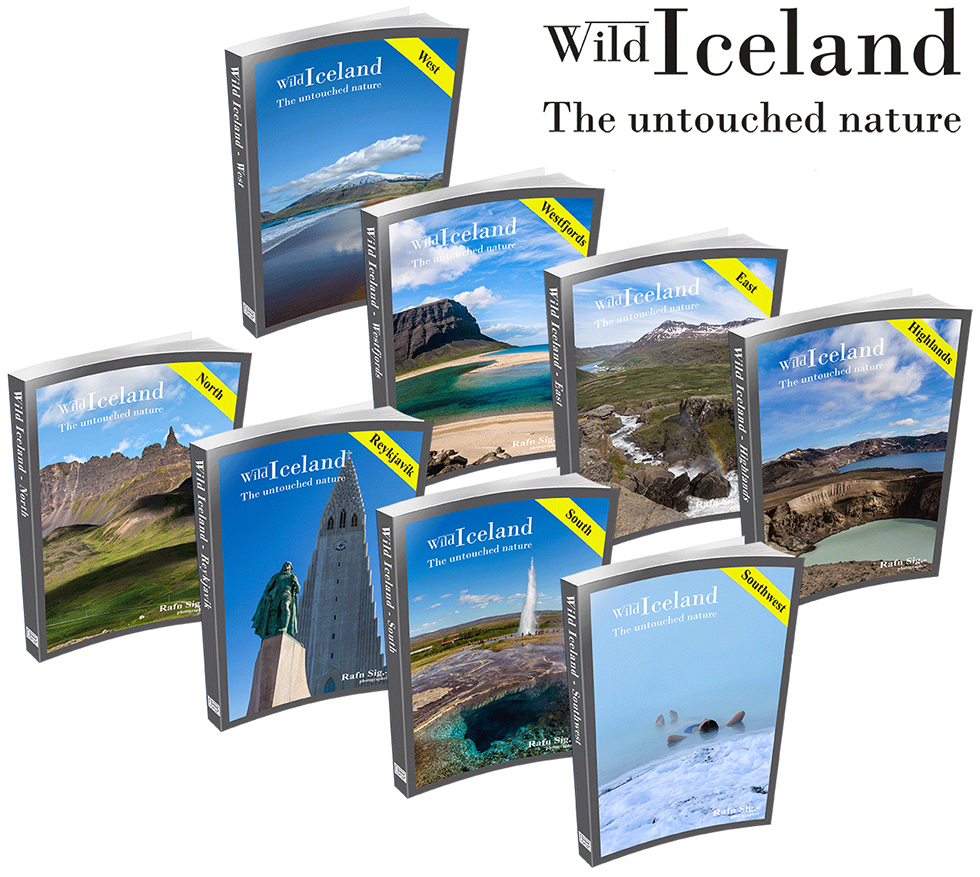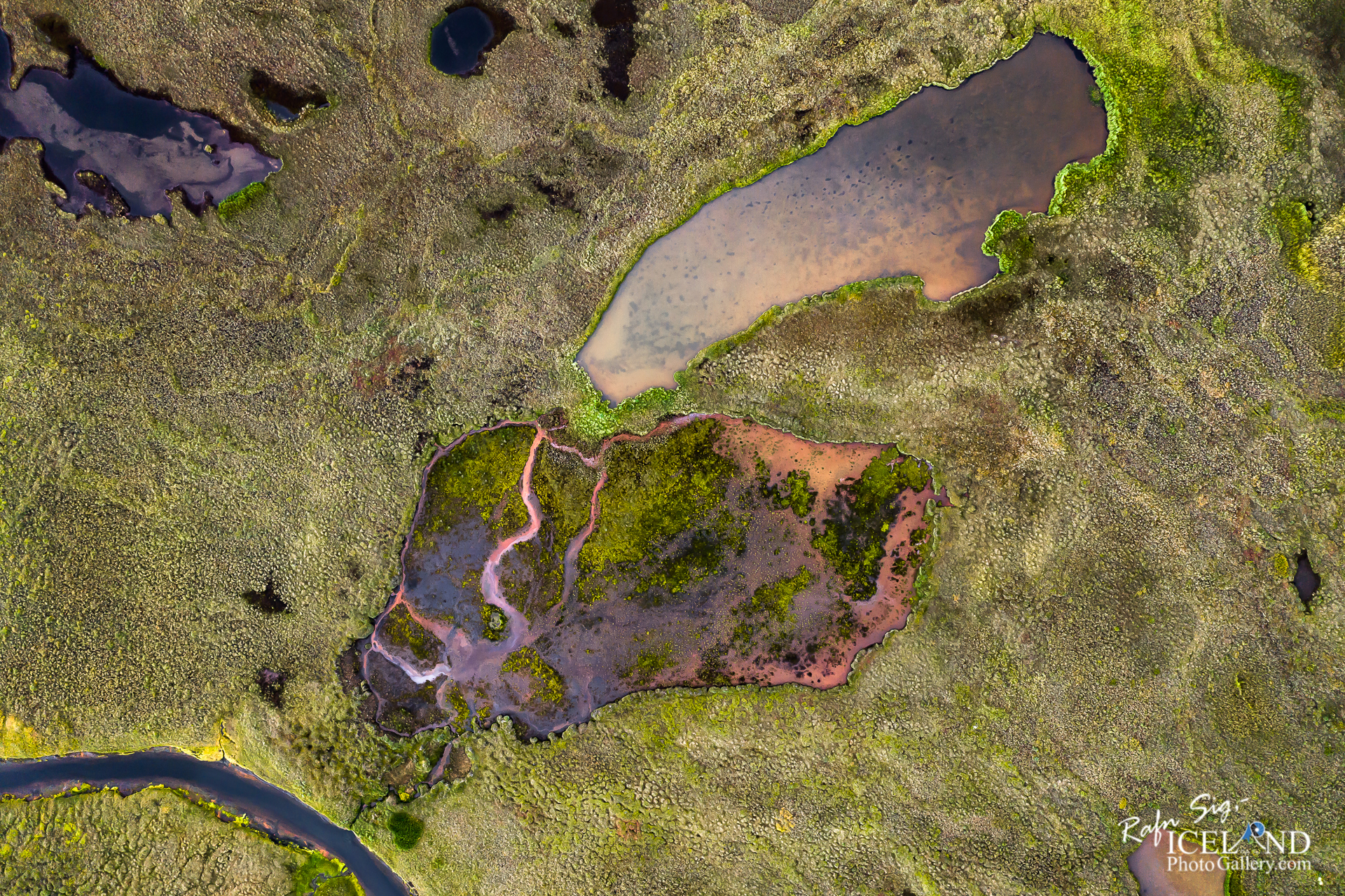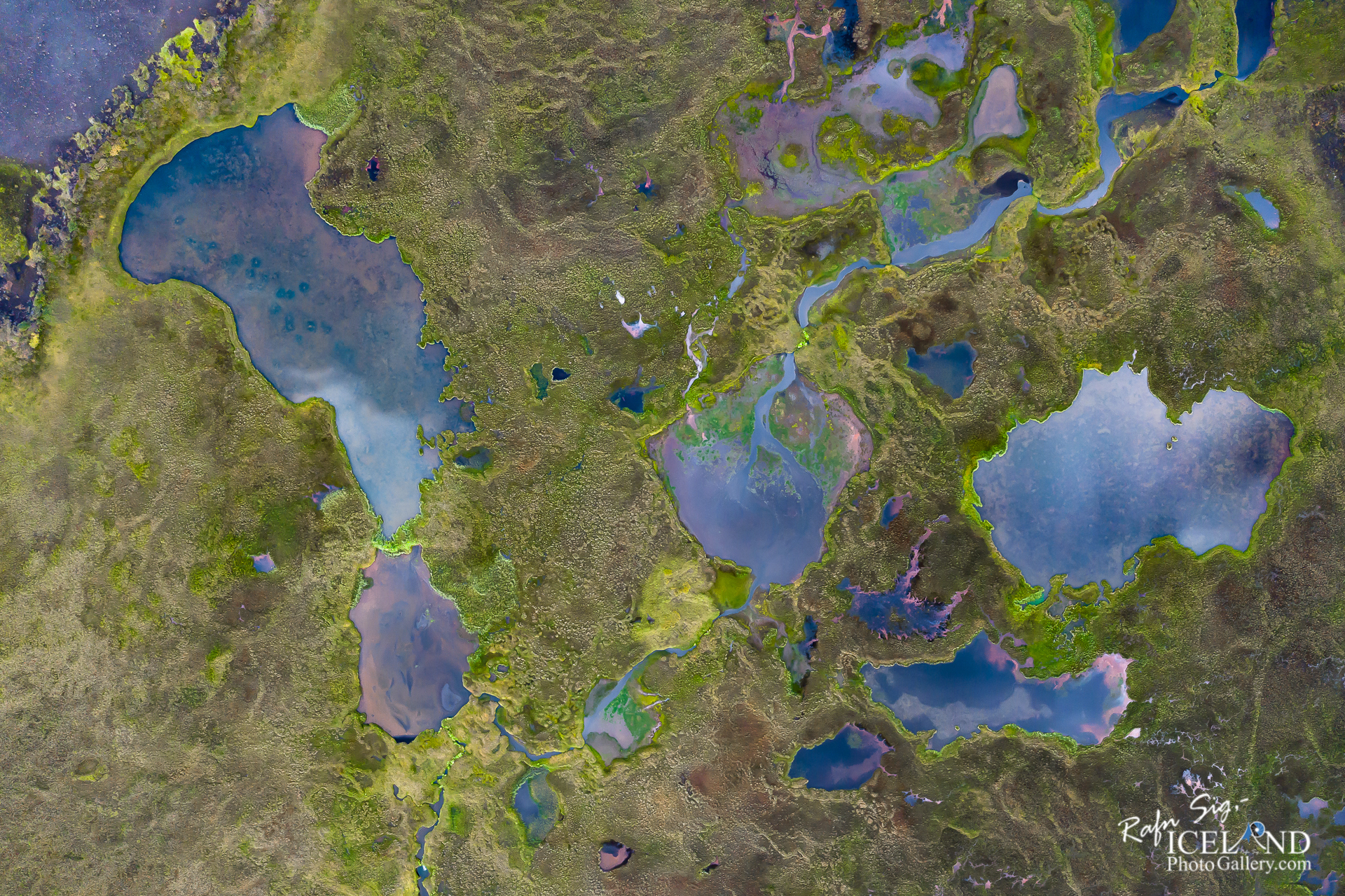2022-08-20
Wetlands (Votlendi) in Iceland│ Iceland Photo Gallery
Documenting Iceland
by: Rafn Sig,-

Votlendi er landsvæði sem er annaðhvort alltaf eða árstíðabundið svo mettað af vatni að það verður að sérstöku vistkerfi. Votlendi er staður sem er með eitthvað blautt. T.d. skurðir, mýrar, pollar, lækir og fl. Fuglar sem eru við votlendi á Íslandu eru til dæmis jaðrakan, svanir, lóuþræll, stelkur, óðinshani, keldusvín, bleshæna og endur (buslendur eða og kafendur).
Votlendi er mikilvægt búsvæði fugla, smádýra og plantna, og fjölmargar tegundir grasa festa rætur þar. Þrátt fyrir þetta hefur votlendi víða verið framræst, sem hefur neikvæð áhrif á plöntu- og dýralíf. Talið er að endurheimt votlendis sé mikilvægur þáttur í því að draga úr losun kolefnis enda votlendi geymir mikið af því.
Votlendissvæði á landi á Íslandi þökti um 7.800 ferkílómetra árið 2019. Þeim er skipt upp í 14 vistgerðir sem hver um sig hefur sín sérkenni
Mikið hefur verið gengið á votlendi Íslands á undanförnum áratugum með framræslu sem að hluta til var styrkt úr opinberum sjóðum. Nú er staðan þannig að tiltölulega lítið er eftir af óröskuðu votlendi á láglendi og sem dæmi um það má nefna að aðeins 3% alls votlendis á Suðurlandi er eftir óraskað og aðeins 18% á Vesturlandi.
Fuglar Íslands landsins eiga mikið undir því lífríki sem fylgir votlendinu. Fuglalífið tekur hratt við sér þegar votlendi er endurheimt og lífið hefst að nýju.
A wetland is a distinct ecosystem that is flooded by water, either permanently (for years or decades) or seasonally (for weeks or months). Flooding results in oxygen-free (anoxic) processes prevailing, especially in the soils. The primary factor that distinguishes wetlands from terrestrial land forms or water bodies is the characteristic vegetation of aquatic plants, adapted to the unique anoxic hydric soils. Wetlands are considered among the most biologically diverse of all ecosystems, serving as home to a wide range of unique plant and animal species. Methods for assessing wetland functions, wetland ecological health, and general wetland condition have been developed for many regions of the world. These methods have contributed to wetland conservation partly by raising public awareness of the functions some wetlands provide.
Wetlands contribute a number of functions that benefit people. These are called ecosystem services and include water purification, groundwater replenishment, stabilization of shorelines and storm protection, water storage and flood control, processing of carbon (carbon fixation, decomposition and sequestration), other nutrients and pollutants, and support of plants and animals. Wetlands are reservoirs of biodiversity and provide wetland products. They also place a role in climate change mitigation and adaptation. However, some wetlands are a significant source of methane emissions and some are also emitters of nitrous oxide. Constructed wetlands are designed and built to treat municipal and industrial wastewater as well as to divert stormwater runoff. Constructed wetlands may also play a role in water-sensitive urban design.
. . . All info at: https://www.patreon.com/RafnSig
Subscribe to my Youtube Channel
You can buy this and other photos at my Icelandic Stock Photo Web: IcelandStockPhotos.com
Viltu styrkja þessa síðu?
Vefsíðan Iceland Photo Gallery er unnin í sjálfboðavinnu. Ef þú hefur áhuga á að styrkja þetta framtak til áframhaldandi uppbyggingar er hægt að leggja inn á:
Reikningsnr.: 0101-26-013169
Kennitala: 310155-4469








0 Comments